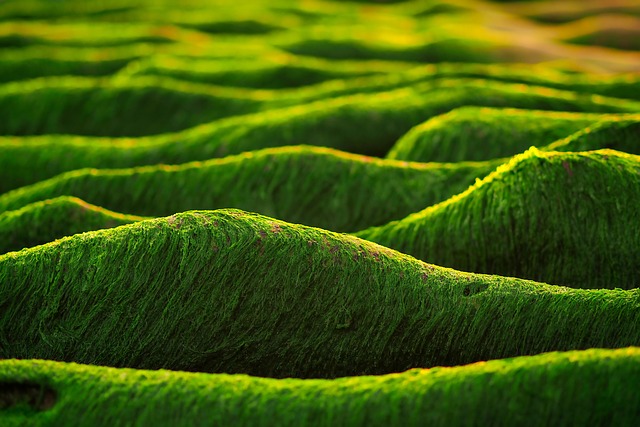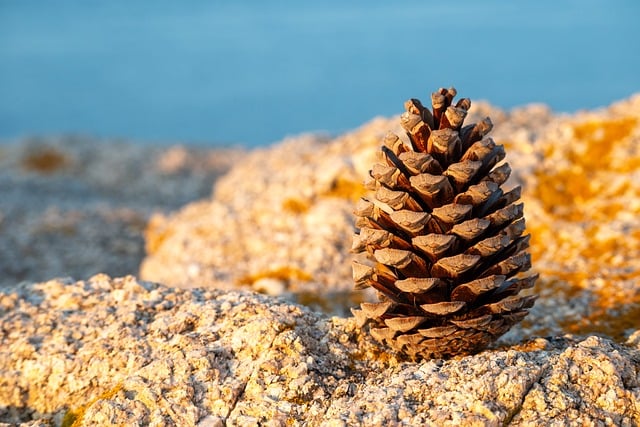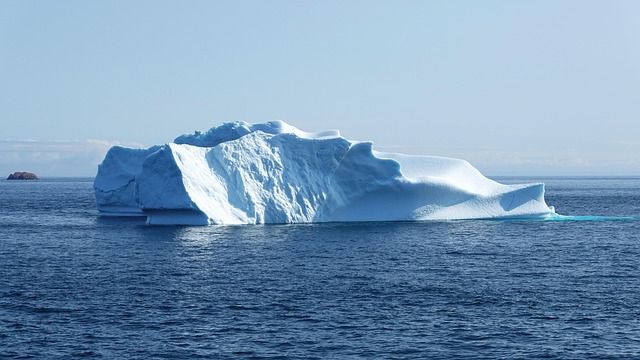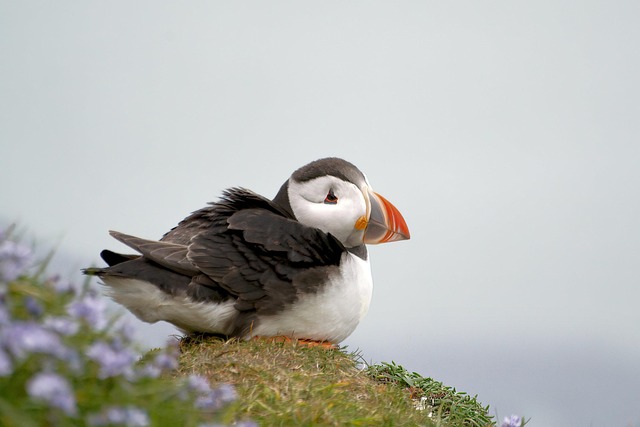As the world grapples with the profound implications of climate change, we often find ourselves overlooking the subtleties of nature that play a significant role in our changing ecosystems. One such player is brown algae, a fascinating but often underestimated component of marine environments. While we focus on the more alarming visuals of melting glaciers and rising sea levels, the deeper underwater world is equally affected by our warming planet.
Brown algae, which thrives in cooler waters, serves as a crucial habitat and food source for numerous marine species. However, as climate change escalates and ocean temperatures rise, the distribution and health of these algae are being severely affected. Warmer waters can lead to shifts in photosynthetic efficiency, resulting in decreased growth rates and the potential die-off of these important aquatic plants. When brown algae populations decline, the entire marine ecosystem suffers, from tiny fish to majestic sea mammals.
Moreover, the melting of polar ice, an alarming harbinger of climate change, is likely to disrupt the delicate balance of marine environments. As glaciers retreat, freshwater influxes into saltwater ecosystems alter salinity levels, which can directly impact brown algae growth. This change not only affects species that depend on algae for survival but can also cause significant ripple effects throughout food webs. The loss of these habitats forces marine life to adapt quickly, often to their detriment.
In the grand scheme of environmental change, brown algae may seem like a small player, but their presence is indicative of larger ecological shifts. Their vulnerability to climate change is a reminder of how interconnected our ecosystems are. Each melting ice cap and rising temperature not only symbolizes a loss but signifies the potential erosion of biodiversity. It urges us to consider the larger picture; how our actions influence not only the physical landscapes we inhabit but also the unseen realms beneath the waves.
Awareness and action are crucial as we navigate this ongoing environmental crisis. Individuals can make a difference by supporting policies aimed at tackling climate change, engaging in sustainable practices, and championing conservation efforts that protect marine environments and their inhabitants. By understanding the impact of brown algae on our melting environments, we can foster a deeper appreciation for the intricate balance of life and the pressing need to protect our planet.




